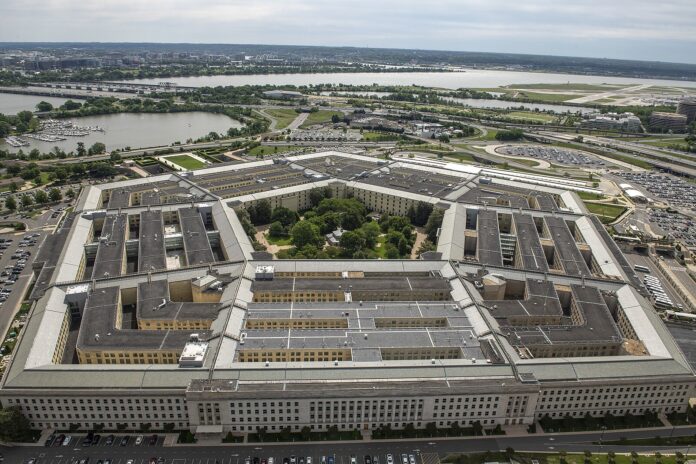
In an important diplomatic development, senior defense officials from the United States and China met at the Pentagon over the past two days. This marked a resumption of the Defense Policy Coordination Talks (DPCT), a critical dialogue platform between the two nations that had been inactive since January 2020. This meeting represented a thawing of relations, which had been under strain due to various geopolitical tensions.
The annual DPCT had been disrupted in 2023 following China’s decision to cancel the talks. This was in direct response to the visit of the then-U.S. House Speaker to Taiwan in August 2022, which led to heightened tensions between the U.S. and China. The resumption of these talks was seen as a significant move towards easing the diplomatic strain that had arisen.
The discussions at the Pentagon were led by U.S. Deputy Assistant Secretary of Defense for China, Taiwan, and Mongolia, Michael Chase, and Major General Song Yanchao from the People’s Liberation Army of China. The talks focused on several crucial issues, including the need for maintaining open communication channels to prevent potential conflicts, operational safety in the Indo-Pacific region, adherence to international law, and the U.S.’s commitment to its longstanding one-China policy.
These talks followed a meeting between U.S. President Joe Biden and Chinese President Xi Jinping, which set the stage for renewed high-level military communications. This dialogue was further reinforced by subsequent discussions between Gen. CQ Brown, the Chairman of the Joint Chiefs of Staff, and his Chinese counterpart.
The discussions at the Pentagon addressed not just bilateral concerns but also global security issues. These included the situation in Ukraine, provocations from North Korea, and navigational freedoms in the South China Sea, particularly concerning China’s interactions with Philippine vessels.
While the re-establishment of the DPCT is a positive step towards reducing the potential for military miscalculation, there is an understanding of the historical tendency of China to use the cessation of communication as a diplomatic tool. The focus is now likely to shift to resuming the U.S.-China Military Maritime Consultative Agreement meetings, which are crucial for the operational safety of the navies of the two countries.
This development is a key step in managing the complex military relationship between the U.S. and China, especially considering China’s increased military activities in areas such as Taiwan and the South China Sea. The continuation of open dialogues is seen as essential for handling strategic competition and maintaining regional stability.









